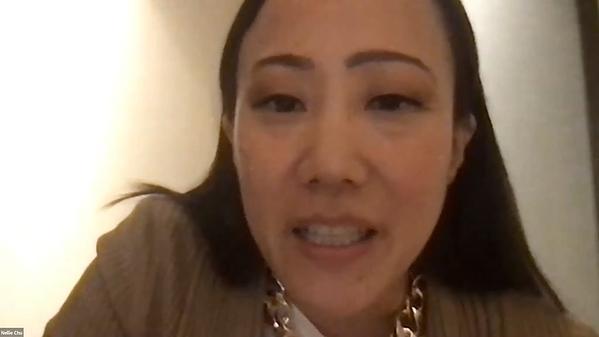Would you like to see your presentation here, made available to a global audience of researchers?
Add your own presentation or have us affordably record your next conference.
keywords:
humanitarianism
religion/spirituality
activism
In times when many states are redefining their social responsibilities and embracing austerity, individuals are often called upon to help vulnerable populations by giving their time, money, and labor to those in need. Some who respond to these calls are driven by faith. This roundtable session examines intersections between religion, social justice, and power to understand how ethical subjectivities are constituted through faith-driven volunteering, charity, and humanitarian work, broadly defined. Our goal is to collectively theorize how faith-inspired giving of time, resources, expertise, and labor illuminates the exigencies of late capitalism, as it pertains to questions of socio-economic justice, racial inequalities, political belonging, and ethical becoming. Our roundtable participants question how political mobilizations, moral economies, and social imaginaries emerge from faith inspired social justice work through focusing on how those who give in the name of faith carve out spaces and resources for themselves and precarious others in ways that forge connections between the material and affective, the personal and political, and the intimate and global. Our participants survey faith-driven giving practices that are structured by religious institutions or faith traditions, as well as those shaped within secular contexts and agencies, and those that take place on local, national, and international scales. Participants consider topics such as: 1) The volunteer labor of working-class pious Muslim women in Russia, highlighting debates concerning Muslim belonging and politics from the urban margins. 2) The social outreach of evangelical churches among Christian immigrants in Barcelona, with attention to how ethnic and national identities impact church activities and serve as a form of claiming belonging and citizenship. 3)The volunteer labor of Thai female monks who provide moral and emotional support to local laypersons, and how their relationships of care are complicated by nuns’ dependence on international funding. 4) Philanthropy among Muslim-American entrepreneurs, with attention to how these benefactors negotiate contradictions between morality and the market. 5) The ethical subjectivities of evangelical and charismatic Christians who help provision basic services to Muslim-majority countries. 6) The short term missionary work of evangelicals who travel between the US and the Dominican Republic, and how their encounters with poverty and racial injustice introduce complex modes of moral agency. 7) How religious volunteerism enhances and complicates the experiences of staff and residents alike in a tiny-home community intended to shelter the chronically homeless in a small Midwestern Bible Belt city.

